A warm and sunny Bournemouth welcomed participants to EMHIS Forum II held on the 6-9 May at the Centre for Media History (CMH). Whilst our first forum focused on our understanding of the concepts “entanglement”, “histoire croisée” and “mediatisation’’, and set out our definition of entangled media history, the theme for this forum was the practical, theoretical and methodological implications of actually doing entangled media history.
Since our last forum the network has expanded and we were now 18 participants, a very close-knit group of old and new faces, who came together. The PhD students had already begun their forum on 5of May with a writing retreat held by local writer Rebecca Pearl. Before joining the rest of the group they also enjoyed an outing to the New Forest. In our first EMHIS session our newcomers Tony Stoller (Bournemouth), Emilia Ljungberg, Sofi Qvarnström and Sophie Elsässer (all from Lund) opened the forum with short presentations of on-going research. Network and travel activities also took place before and after the forum. Erik Edoff from Lund had arrived earlier and would be joined for a longer stay by Alina Laura Tiews from Hamburg.
We also had the pleasure of having Professor Andreas Fickers from the University of Luxembourg present throughout the forum. Andreas’ paper ‘Doing Transnational History in the Digital Age’ spurred lively debate and discussion. He also provided commentary on participants’ papers, and his feedback on individual research as well as the aim and direction of the EMHIS network was incredibly valuable. We were also delighted that Andreas announced his future interest in our work and network and will keep in contact.
There was time for participants to catch-up, network and enjoy Bournemouth beach, as well as a brisk morning walk to Talbot Campus. In the reception held at the Russell-Cotes Museum we learned of the fascinating travels of Merton Russell-Cotes and his wife Annie who travelled the world and filled their seaside villa with beautiful objects and art. Despite the weather turning for the worse with heavy showers participants’ moods were still on the bright side.
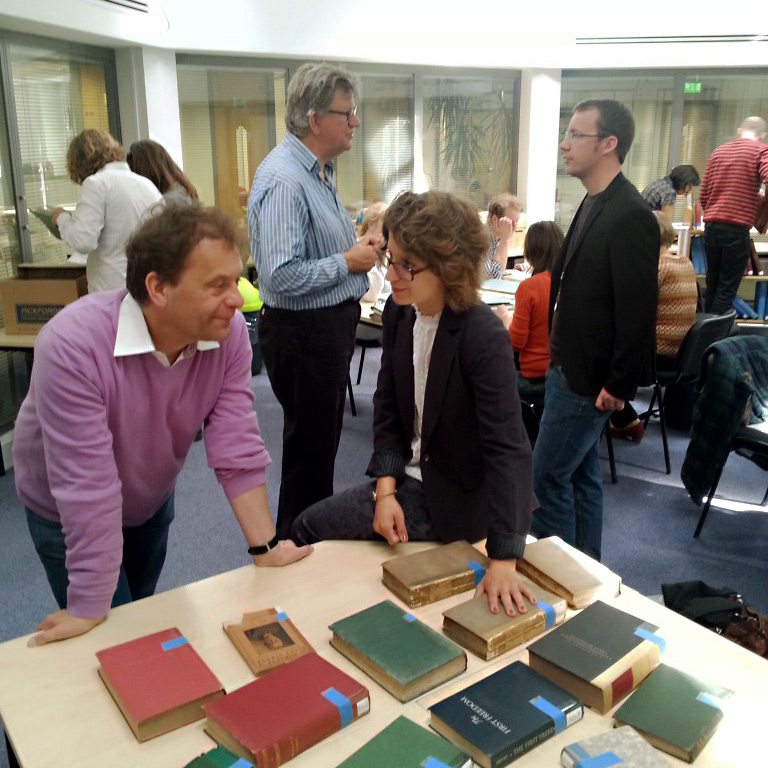
During the forum, participants’ interest in history, archival sources and material was further fuelled. Librarian Ian Marsland gave an introduction to BU Archives and the Special Collection, and brought copies of archive material from the ITA/IBA collection, as well as examples from the Segrue Journalism collection, for participants to explore. Holly Crossen-White gave participants a talk about her experience and use of The Times Digital Archive, and PR Historian Tom Watson shared thoughts on his work on the history of public relations and his experience applying for larger European research grants.
The first day focused on the practicalities, theory and methodology of doing transnational and entangled media history. Stimulated by Andreas’ paper and readings of Fickers and Johnson, and Hilmes, our conversation steered towards the practical challenges and opportunities, and the notion of making ‘‘something familiar strange’’ (Fickers & Johnson). Our conversation also focused on the importance of source criticism and how we as historians can use creative and innovative ways, such as transmedia storytelling in presenting and communicating media history, including the work of the EMHIS network. These topics will certainly receive further attention at the next forum.
On the second day, time was dedicated to individual papers and commentary from our guests. Marie Cronqvist, Christoph Hilgert, Johan Jarlbrink and Hugh Chignell gave short presentations and were then given feedback and commentary from Andreas and the other participants. The papers looked at different examples of entanglement, yet some common ideas were identified. Overall there was agreement that concepts such as ‘‘resistance’’, ‘‘adaptation’’ and ‘‘asymmetrical interactions’’ may be important to include in the entangled approach. Adding to this, ‘‘intermedia’’ perspectives and the need to go beyond mono-media histories should also be considered. This format proved to be very successful and based on our conversation something we might use again in future meetings.
A fair amount of time during this forum was also devoted to discuss our plans for publications and future funding and this will be followed up in Hamburg in November 2014. By lunch-time on 9 May it was time to wrap up and depart. We all gave our warm thanks to Andreas for accepting our invitation and for being so engaged in our work. We also thanked the Bournemouth hosts and of course all the participants for once again making this network a truly wonderful experience! See you in Hamburg in November!
/Kristin

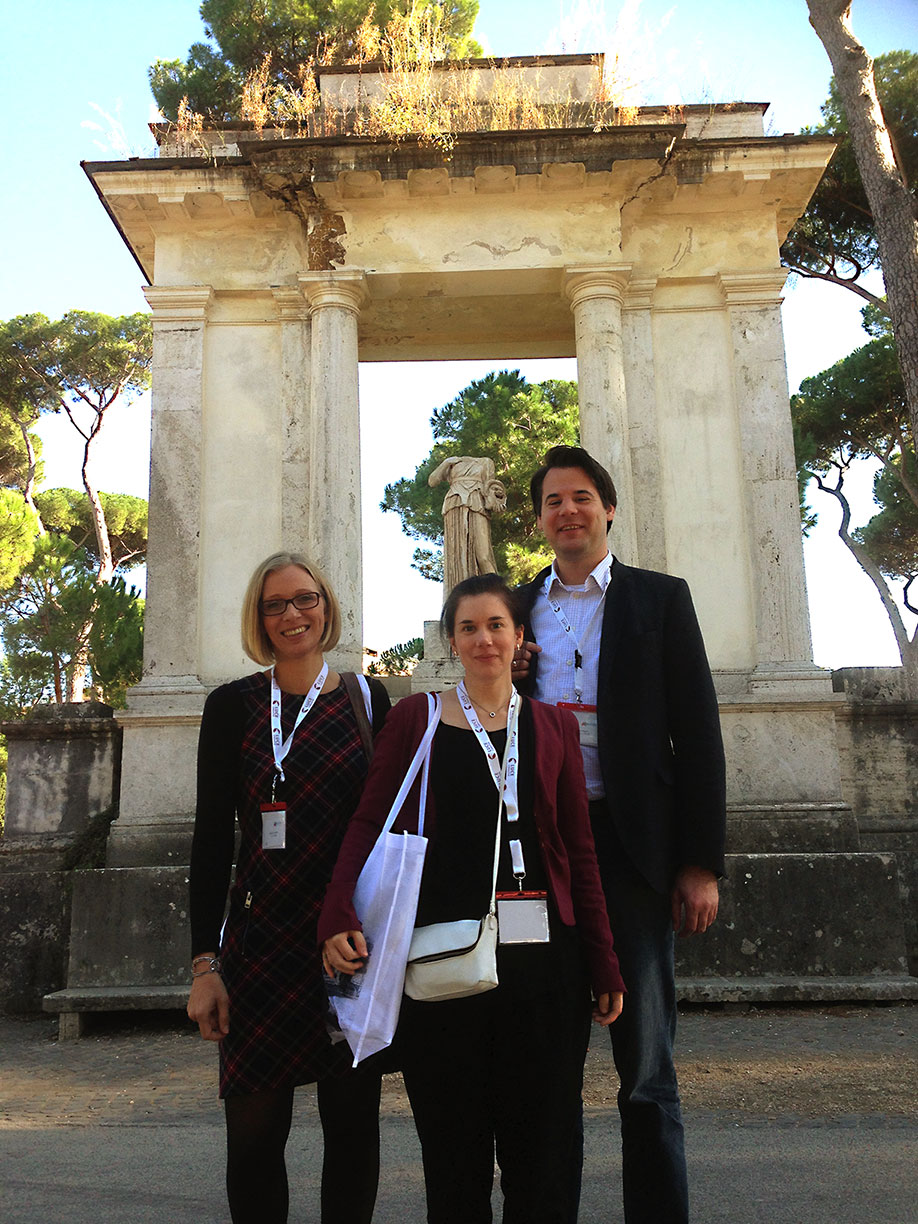
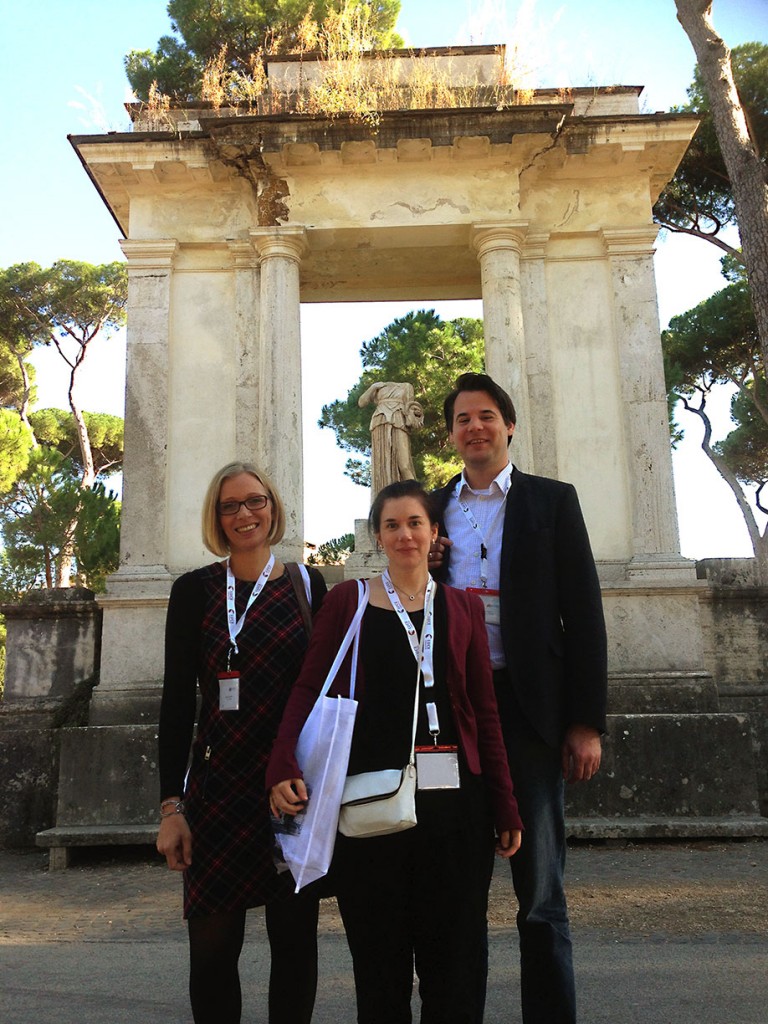
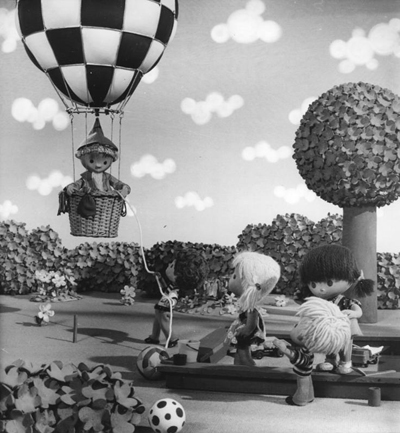
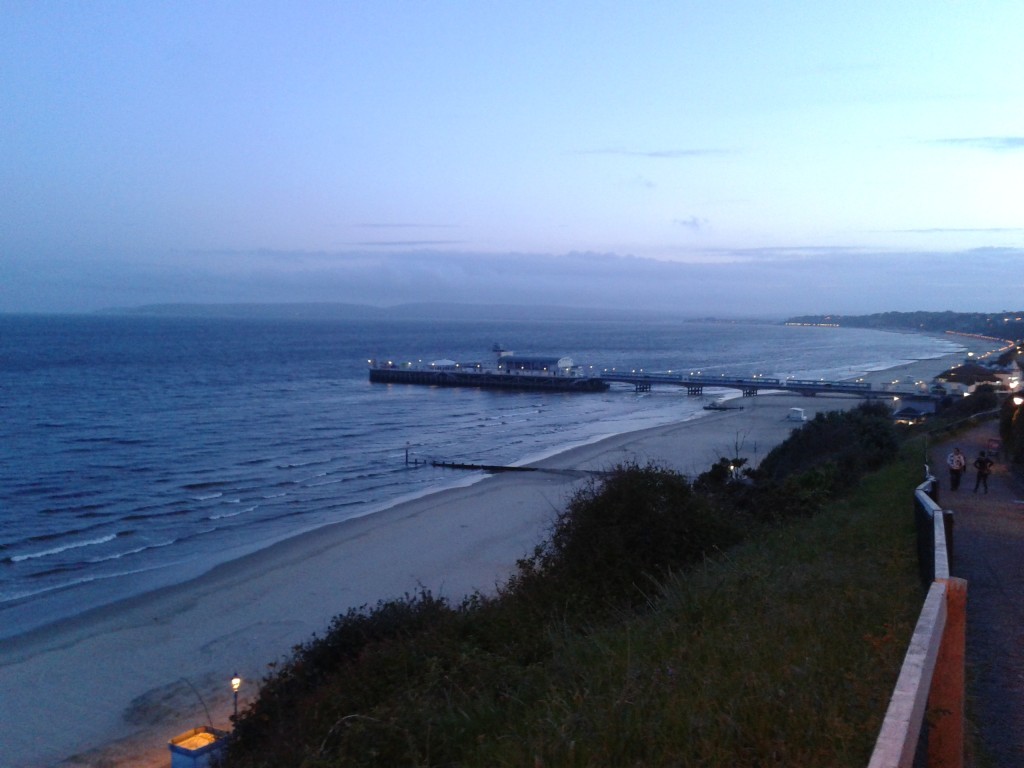
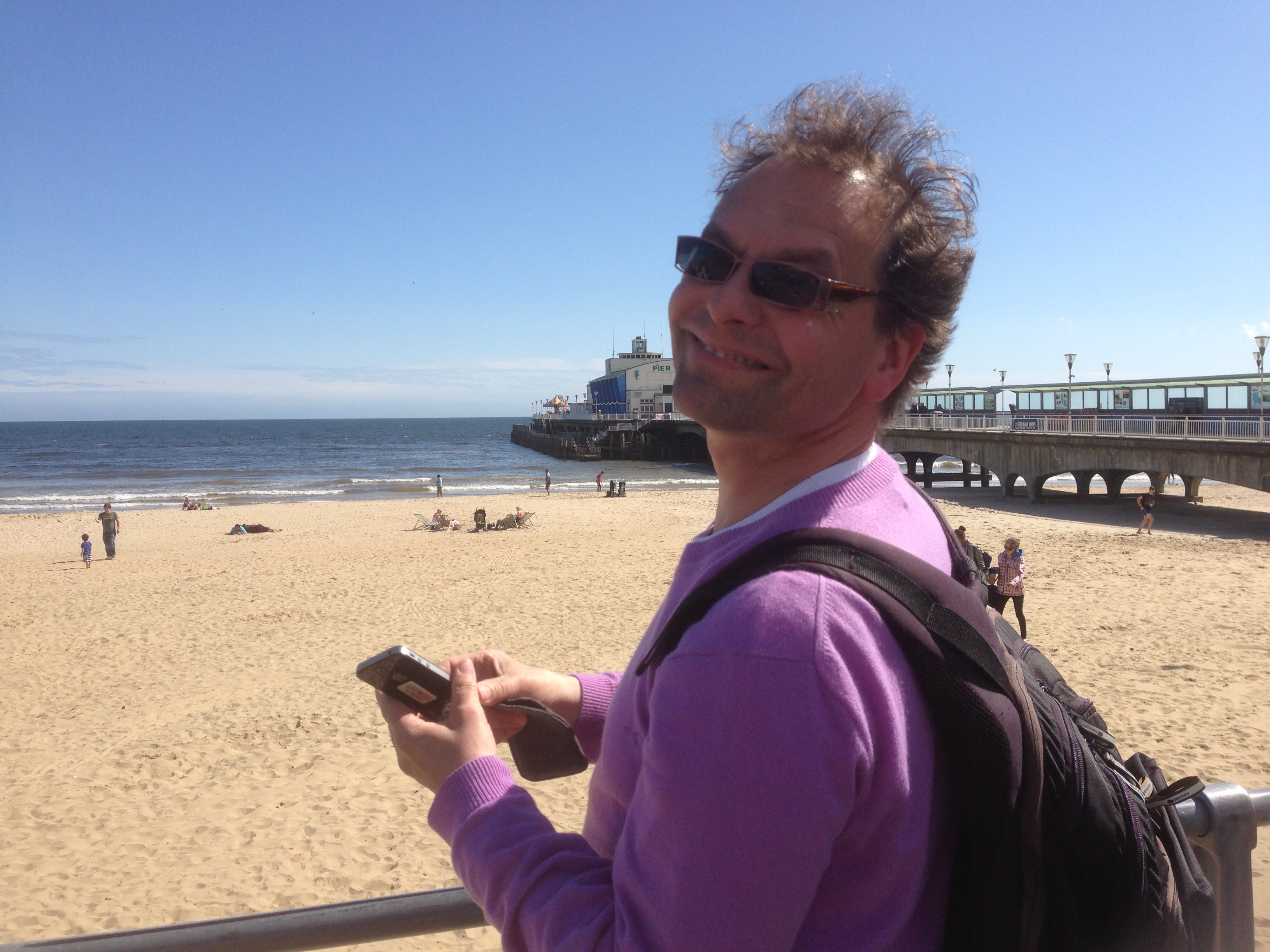

Comments